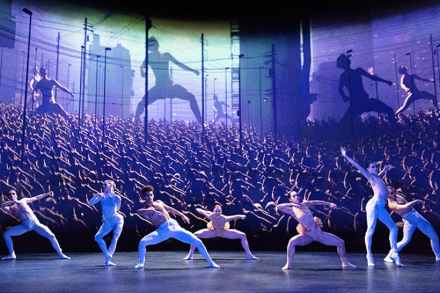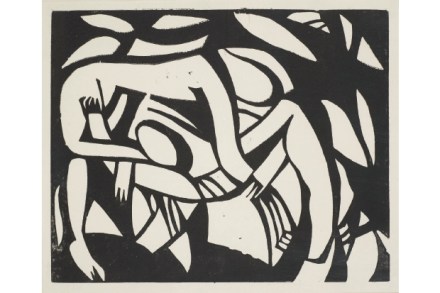Rambert’s latest uses the migrant crisis for superficial intrigue: Aisha and Abhaya reviewed
The January dance stage can be a site of naked contrition. Like a tippler grasping at green juice after a December of prosecco pukes (#NewYearNewMe), companies slap Swan Lakes and Giselles on the roster, eager to atone for the indulgences of Nutcracker season. It’s back to business at your opera houses and concert halls. Button up and batten down. Enter Sadler’s Wells Sampled, a hair-down do in a sea of chignons. The show is a taster of the assorted fare that passes through the London venue, from ballroom to breakdance. Tickets are cheap, there’s Proms-style standing, and no one will shoot you STFU daggers if you whoop too loud. It’s




















